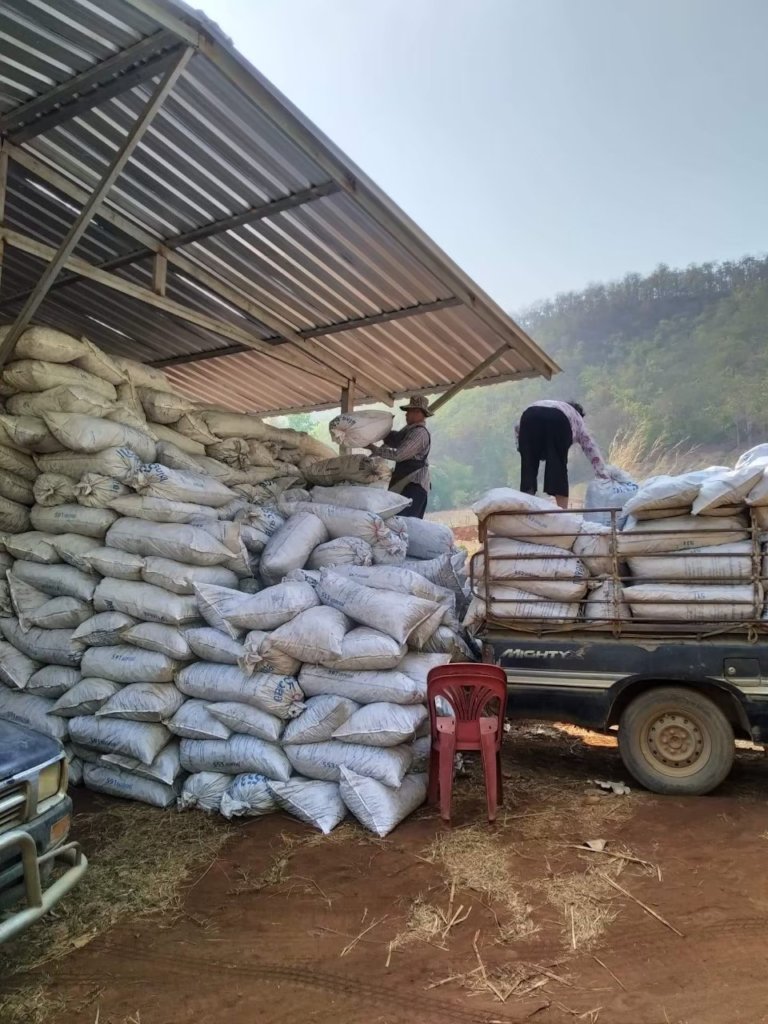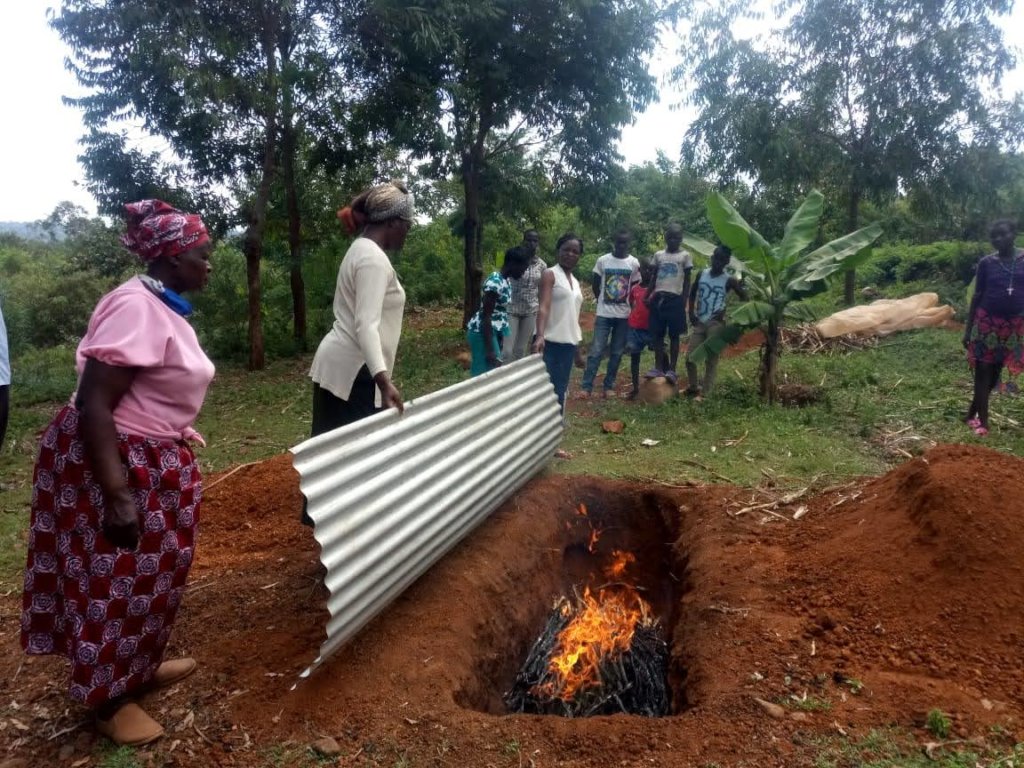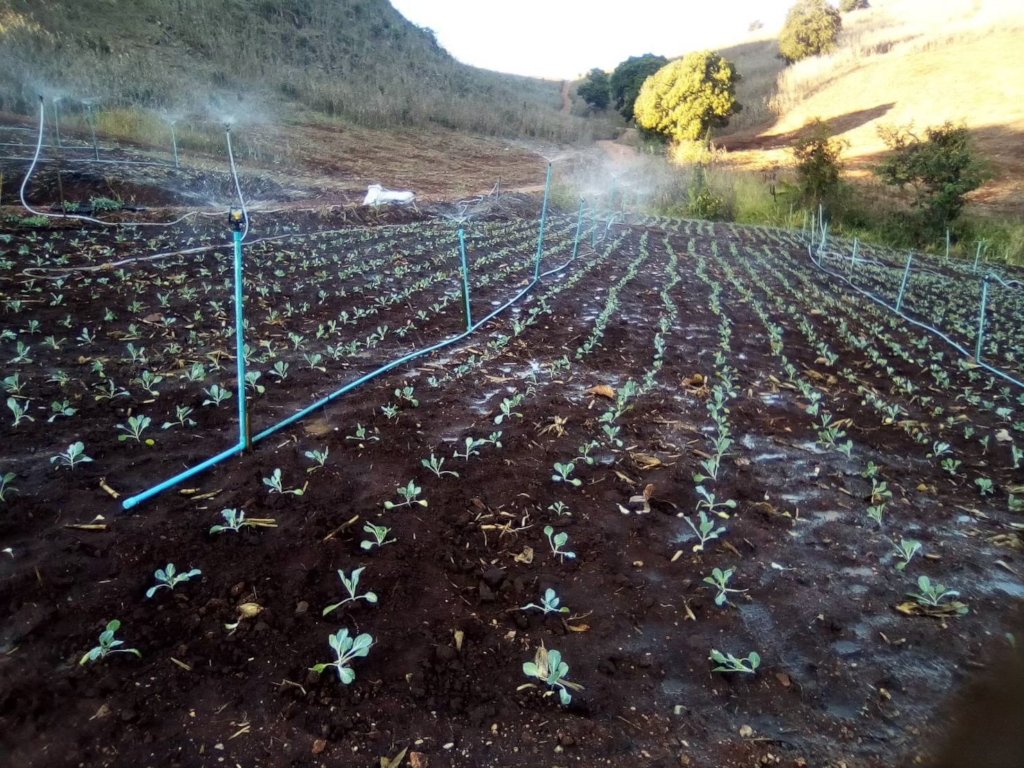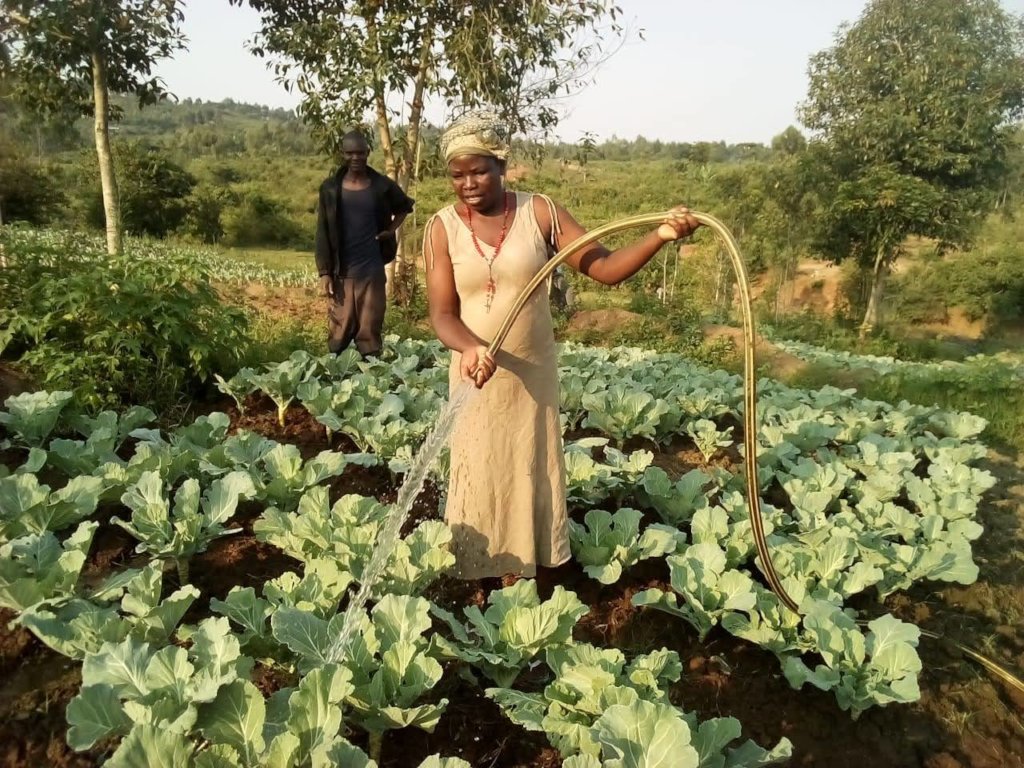By Evelind Schecter | Co-Founder Warm Heart Worldwide
Everyone benefits when biochar is made because it reduces the smoke that fills our air!
The biochar itself has many beneficial uses, including improving our soils for better crop yields. It is also a great way to keep livestock and poultry healthy by adding it to their feed and living area.
In Northern Thailand, the rainy season arrived, and the summer months, when it is too wet to burn and make biochar, were spent using the biochar to improve soils and food security. Our programs made more than 100,000 kg* of biochar (100 tons) this year before the rains started.
With Covid19 lockdowns and travel restrictions, many people left the cities for their farming villages. The biochar team worked with local organizations on distribution to remote villages to be used in planting crops, making fertilizer, and animal feed.
In Mae Chaem, we traded biochar for a fertilizer that the local women’s cooperative is making from crop waste compost and biochar. We teamed up with the coffee growers, Akha Ama Coffee, on distribution and training in mountain villages in Chiang Rai province.
The Shangri-La Hotel, Chiang Mai, our first Corporate Sponsor, is having a huge impact with their donations of biochar to a tree planting reforestation program. (You can read about their success in our Environmental Progress Newsletter.) Their donation to the Chiang Mai Urban Farm is cleaning the water in a local canal and producing vegetables for urban dwellers shut out of jobs.
Since the beginning of June, our partners in Kenya and Malawi have held 28 training sessions, expanding their network by over 1,000 trained farmers. As the word is getting out about the benefits of biochar, and how easy it is to make, people are lining up to learn how to do it. Free training covers building a TLUD (from recycled oil barrel) and the simplified trench method, as well as how to use the biochar for fertilizer and in animal feed.
The beauty of the biochar program is that it is simple and can be adopted anywhere there is agricultural burning.
Your investment in this program makes the world a better place. We appreciate your enduring support; this is not an overnight solution but will take time to spread until making biochar instead of open field burning becomes standard practice, around the world. Thank you!
*Each ton of biochar keeps 5 tons of corn waste from being turned into particles of smoke – at 6.26 kg of PM2.5 particles per ton of waste, that’s 31.3 kg of smoke that is not going into the air each day. Each of those kilograms of smoke is the equivalent of 71,429 cigarettes. In addition, greenhouse gases have been burned off before they go into the atmosphere.
Links:
Project reports on GlobalGiving are posted directly to globalgiving.org by Project Leaders as they are completed, generally every 3-4 months. To protect the integrity of these documents, GlobalGiving does not alter them; therefore you may find some language or formatting issues.
If you donate to this project or have donated to this project, you can receive an email when this project posts a report. You can also subscribe for reports without donating.
Support this important cause by creating a personalized fundraising page.
Start a Fundraiser


